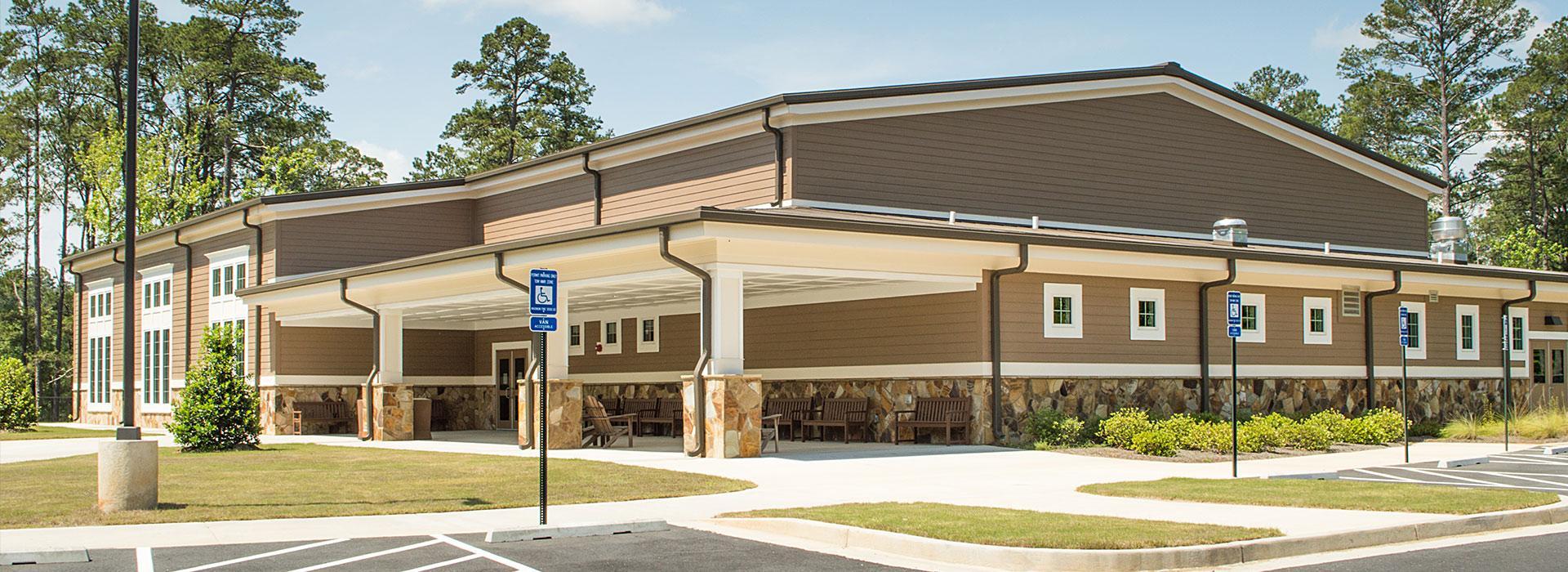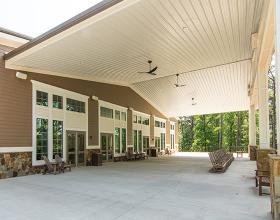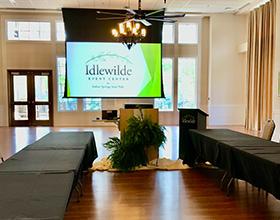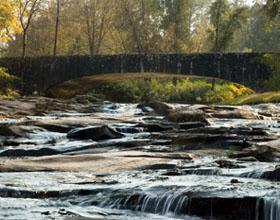Program Outline
- Orientation
- Follow all new hire procedures
- Tour facilities
- Meet Staff
- DNR policies, chain of command, housing
- Goals of Program
- Review performance criteria for MITs
- Park Administration
- Front desk operations
- Learn phone system and proper phone answering procedures
- Learn front desk system
- Guest check-in
- Guest check-out
- General front desk duties
- Park Pass
- Fishing License
- Special packages, golf, etc.
- Active
- Park Reports
- Review and discuss routine weekly and monthly park reports — revenue and expenditures
- Complete weekly and monthly revenue reports
- Complete other reports including attendance
- Park Budget
- Review and discuss budget process
- Complete a monthly park budget
- Review revenue channels and reporting processes
- Review checking accounts procedure for operating accounts
- Review purchasing procedures and processes
- Resale Operations — review resale budget, purchasing and reporting
- Front desk operations
- Park Management Issues and Operating Procedures
- Review Red Book — park operating procedures
- Review beach/pool operating procedures
- Review park and division organization chart
- Review major areas of operation: camping, cottage, swimming, group camps, etc.
- Volunteers — campground host, friends group and occasional volunteers
- Maintenance
- Read safety manual
- Review daily procedures — park ranger
- Work order procedure
- Cleaning routine — work with utility worker
- Grounds maintenance
- Equipment maintenance
- Housekeeping overview — assistant manager
- Review schedule and scheduling issues
- Work with housekeepers
- Review housekeeping reports
- Complete a cottage/comfort station inspection
- Park Safety
- Safety inspections — structures, playgrounds, pools, beaches, fire extinguishers, and equipment
- Park Security
- Discuss Division Safety/Security philosophy
- Review procedures manual
- Complete park patrols with discussion of enforcement issues
- Review and complete incident and accident reports
- Park Interpretive Programming
- Review and discuss Interpretive Programming philosophy
- Review interpretive operating procedures
- Review park’s annual interpretive plan
- Intern to prepare and present an evening program
- Work with Park Interpretive Ranger or Assistant Manager
- Assist with programs
- Prepare and write flyers and news releases
- Post events to website
- Resource Management
- Review resource management philosophy — see mission and vision statements
- Review resource management issues for park or site
- Natural — trails, flora, fauna, etc.
- Historical — structures, history
- Cultural — museums, exhibits
- Review any existing management plans or general development plans
- Evaluation
- Review and evaluate performance
- Discuss hiring process and review completed application
PRHS will adjust the program outline as needed to address additional areas required by colleges or universities participating in this program.






